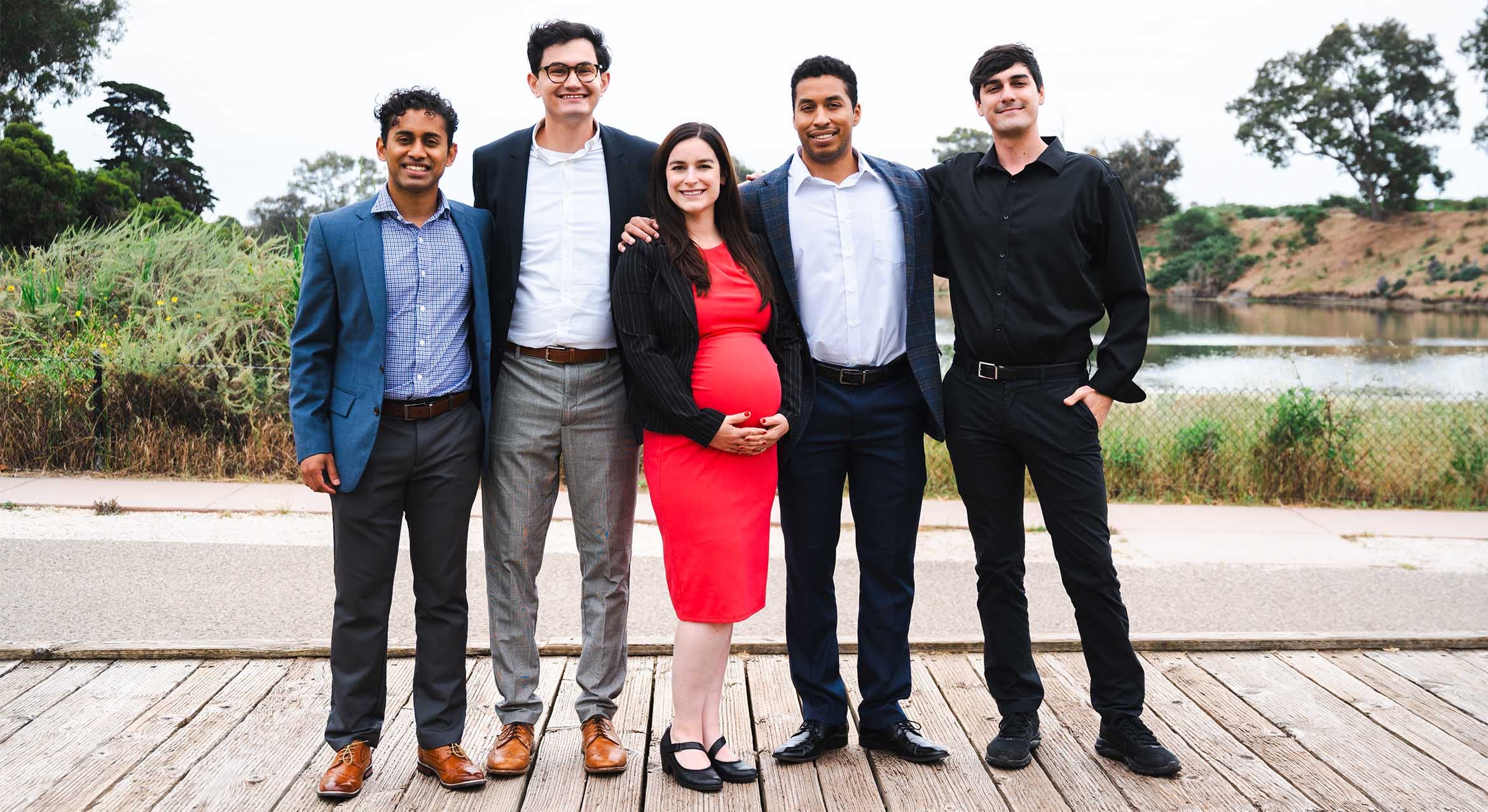UCSB Linguistics Scholar Explores the Feeling Behind Laughter and Humor
Wallace Chafe has heard a lot of good jokes. The professor emeritus of linguistics at the University of California, Santa Barbara has spent 10 years studying how and why people laugh. In his new book, "The Importance of Not Being Earnest" (John Benjamins Publishing Company, 2007), he suggests that laughter and humor cannot be understood apart from the feelings that elicit them.
"The feeling is a mental state in which people exclude some situation from their knowledge of how the world really is, thereby inhibiting seriousness where seriousness would be counterproductive," Chafe said.
Laughter is viewed as an expression of this feeling, and humor as a set of devices designed to trigger the feeling because it is so pleasant and distracting.
Beginning with a phonetic analysis of laughter, Chafe examines ways in which the feeling behind laughter is elicited by both humorous and non-humorous situations. He discusses properties of this feeling that justify its inclusion in the repertoire of human emotions, and illustrates the creation of humor in several folklore genres and across several cultures.
"I had first imagined that I would write a book about humor," Chafe said, "but I realized that humor and laughter are not the same thing, particularly because laughter is often a response to something that isn't funny. People often laugh when they're nervous or anxious. The laughter offers a certain relief, which in itself is pleasant." Likewise, people frequently find something humorous but don't express the feeling through laughter.
Using the term "nonseriousness" to describe the feeling that elicits laughter, he focuses his attention primarily on why laughter is the common reaction.
"The feeling of nonseriousness often moderates the effect of something that would be difficult or unpleasant to cope with if it were accepted in full seriousness," writes Chafe. "Thus, not only does this feeling prevent the acceptance of things that are in some way pseudo-plausible but at the same time absurd, it also removes at least some of the burden from things that are undesirable or…disturbingly abnormal."
Chafe began his study of laughter, humor, and the feelings behind them in 1975, when he began collecting recordings of examples of speech and transcribing them for various projects.
"I noticed people often laugh when they're speaking, but I had to figure out how to transcribe it. That started my research on why people laugh. The various expressions of laughter in different situations made me ask what it was that made people laugh."
Chafe, who received his undergraduate and graduate degrees from Yale University, came to UCSB in 1986. His research interests include Native American languages, particularly those of the Iroquoian and Caddoan families, comparisons of spoken and written language, the structure of discourse, cognitive aspects of language production, prosody, and the language of thought, emotion, music, laughter, and humor.
He has written more than 200 articles that have appeared in scholarly journals and is the author of "Discourse, Consciousness, and Time: The Flow and Displacement of Conscious Experience in Speaking and Writing" (University of Chicago Press, 1994). "The Importance of Not Being Earnest" is volume three of publisher John Benjamins' Consciousness & Emotion series.



